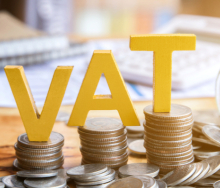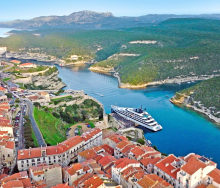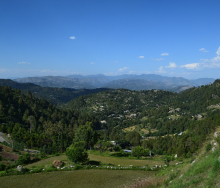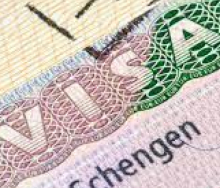The event tourism market achieved a market value of US$1,5 trillion (R28,45trn) in 2022 and is expected to grow to $1,56 trillion (R29,59trn) by the end of the year.
This is according to a report by futuremarketinsights.com, published in July. It detailed the sector’s sales outlook, trends, market size and forecast, visitors’ expenditure, numbers of arrivals and departures and statistics on the length of visits.
The report estimates that, by 2033, the industry’s market will be worth $2,33 trillion (R44,19trn), and would have grown at a steady CAGR of 4,1% between 2023 and 2033.
According to the report, events act as significant motivators for tourism and fit into destination development and marketing. Currently, the demand for event tourism is exponentially surging due to the globalisation of events. Event tourism additionally encourages an increase in both domestic and international tourism.
The industry has expanded in the range of services it provides. Many event-planning companies now offer services including ticket-booking, location-scouting and procurement, hosting, event evaluation and end-to-end services, including catering.
Catalyst
Event tourism, while fulfilling its own niche, has a catalytic effect. It can help establish a destination’s tourism reputation, fostering a positive image of the destination; it can spread tourism demand more evenly and even become a catalyst for urban renewal and it can expand the traditional tourism season, attracting more tourists during traditional off-seasons.
Events are a traditional part of human society. The variety of types of events is constantly growing, as more and more events are organised across the world. This boosts market growth, spurred on by the ‘me-too’ effect of social media.
Cultural events are also a crucial part of event tourism. These account for 25% of the global tourism market, and they spread the benefits of event tourism far and wide, bringing social, economic and environmental benefits to hosting communities, their small businesses, rural tourism and agritourism.
Event tourism is therefore very important for these communities as it supports local businesses, including regional food, alcohol, souvenirs and attractions.
Events can also present risks to tourist security and safety. The report found that co-ordination between governments, restaurants, hotels, organisations and tour operators would bridge this crucial gap.
North America has the biggest regional market share (over 50% of global market in 2022) and is expected to maintain its market position.
Asia’s market had 33,7% market share globally in 2022, but the report predicts lucrative growth in the Asian event industry between 2023 and 2033 due to the rise in tourism, particularly in China and India. The report says Asian customers’ preferences have altered to focus on celebrations.














